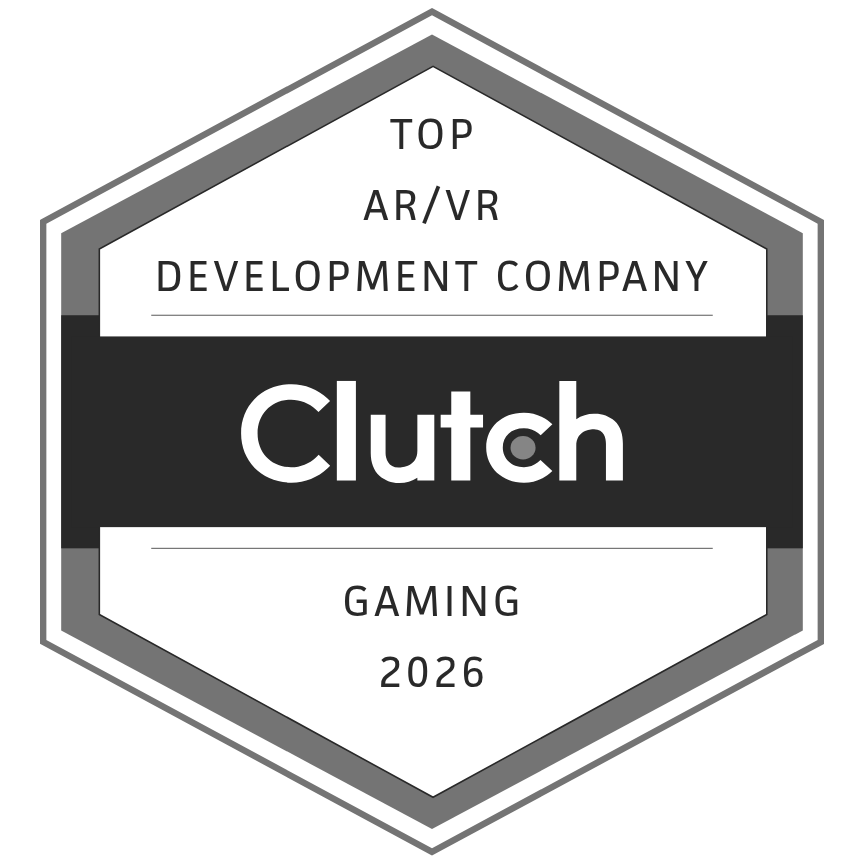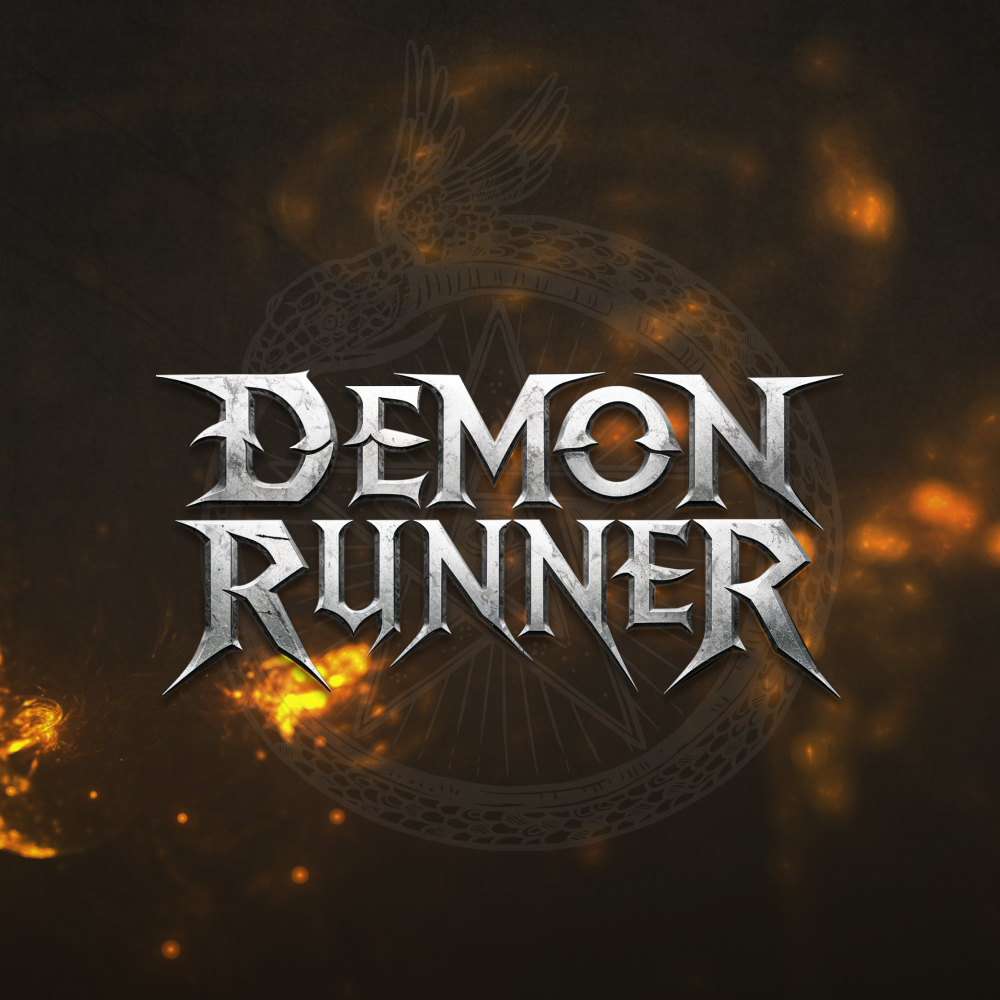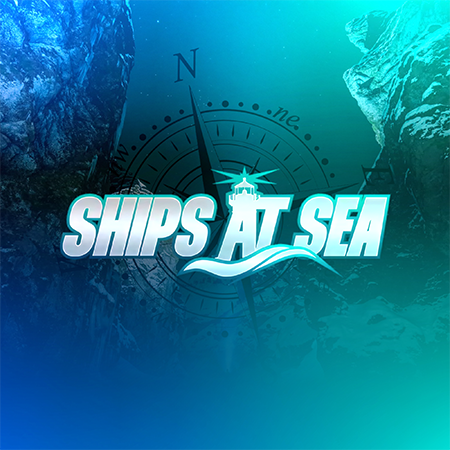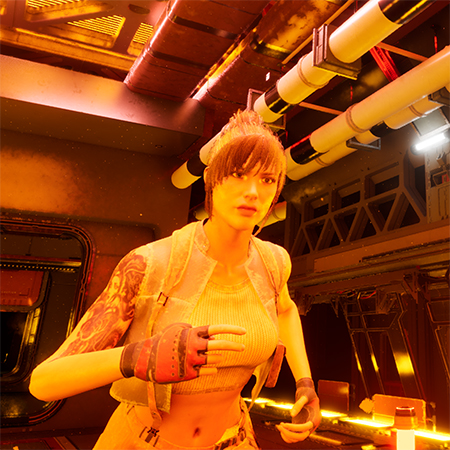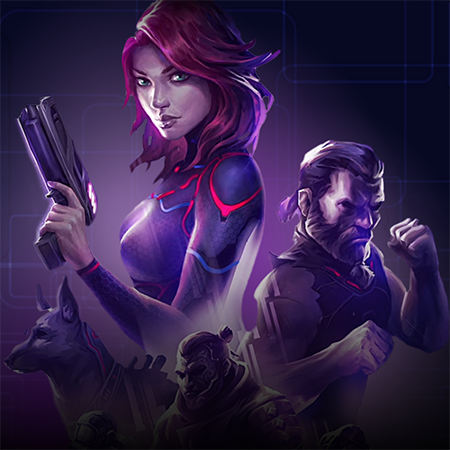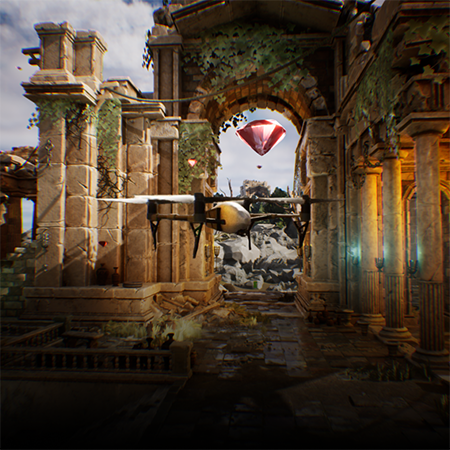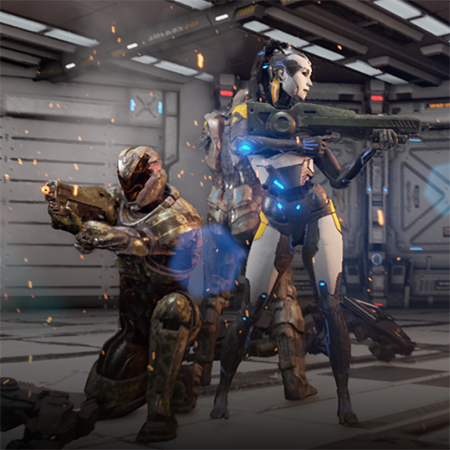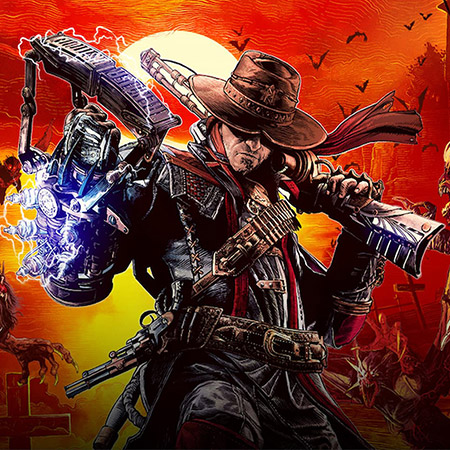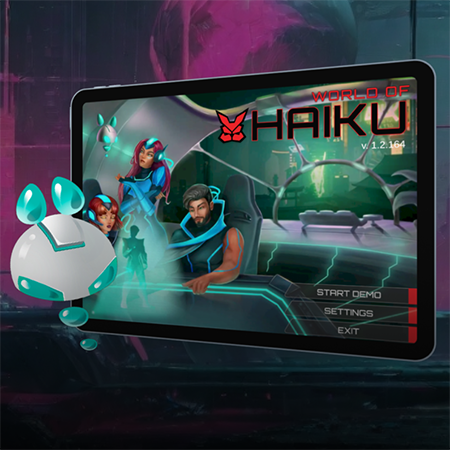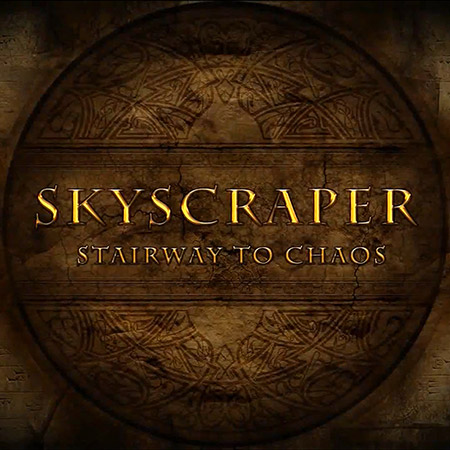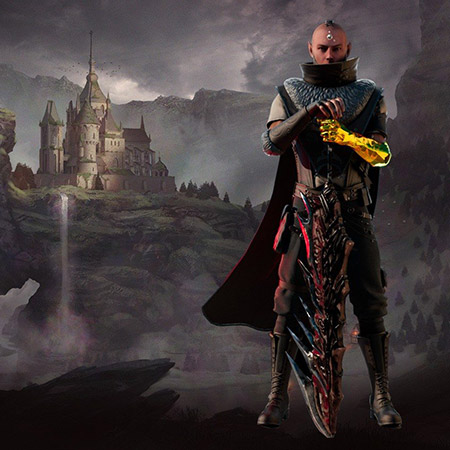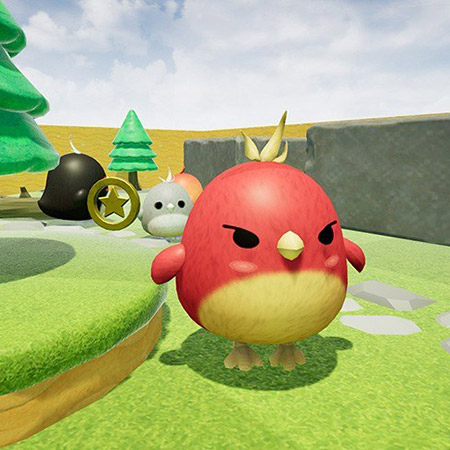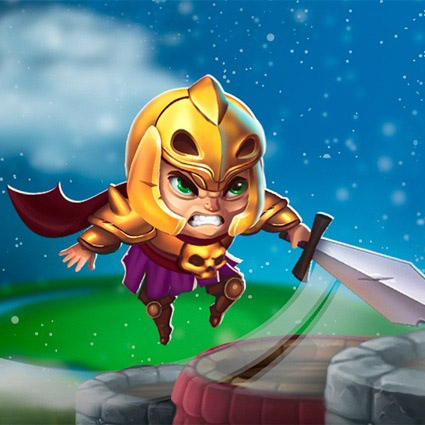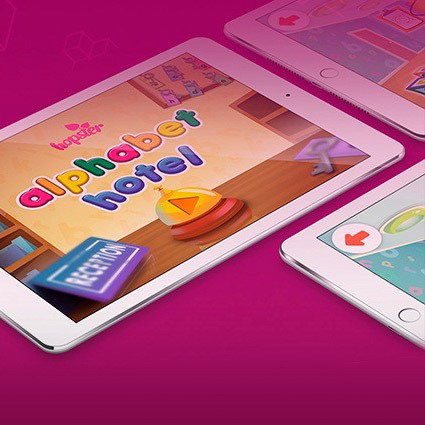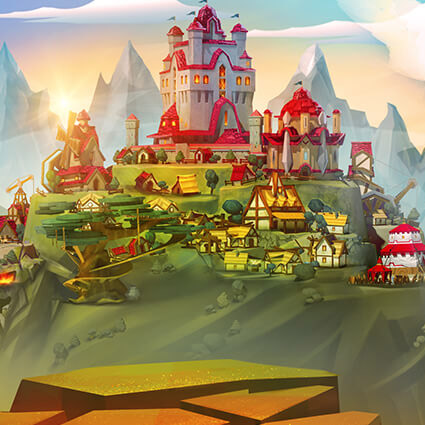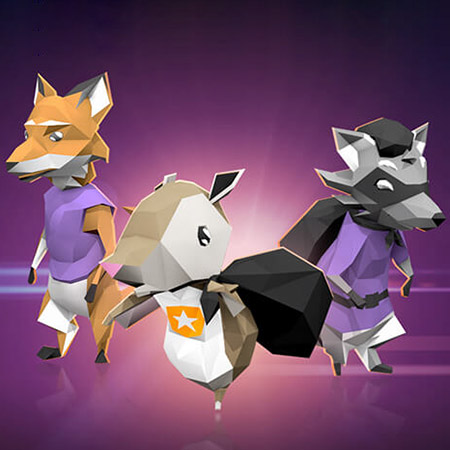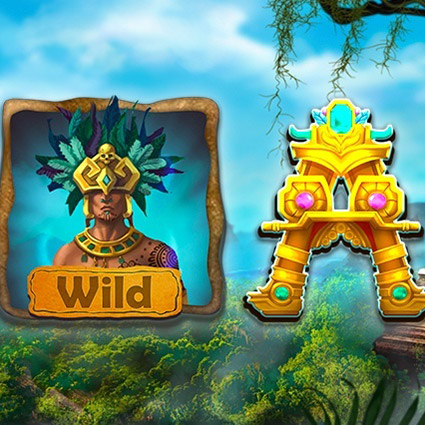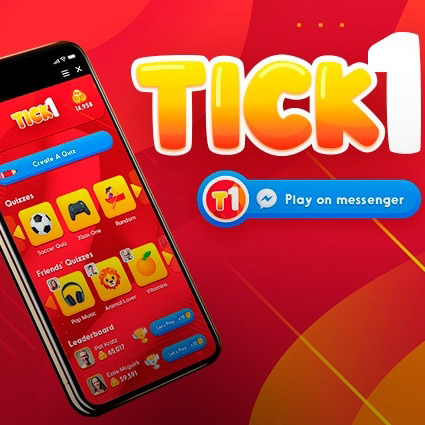Determining the right game development team for hire depends on multiple factors, including project complexity, scope, and required expertise. A project with extensive mechanics and high production values demands a different approach than a lightweight mobile game. Assessing the development model, team structure, and engagement level ensures efficient execution.
Some considerations for choosing a game development team include:
- Project scope. A small indie game requires fewer specialists, while an AAA-level project involves larger teams with diverse expertise.
- Development model. Full-cycle development suits those needing end-to-end execution, while co-development works for teams seeking additional resources.
- Technical stack. Unity and Unreal Engine projects demand specialists experienced in those engines, while HTML5 or custom frameworks require different expertise.
- Timeline and budget. A fixed-scope project with tight deadlines may benefit from a dedicated team, while a flexible timeline allows for a more adaptive approach.
- Game genre and complexity. Multiplayer games demand networking and server architecture expertise, while AR/VR projects require experience in immersive technologies.
A dedicated team offers complete control over production, ensuring seamless collaboration across disciplines. Co-development strengthens internal teams by providing additional resources, expertise, or production capacity. Outsourcing specialists may be more efficient for asset creation, UI/UX design, or animation tasks.
Choosing the right model depends on available in-house talent, workload, and project scale. Evaluating these aspects prevents unnecessary costs and optimizes workflow. Consulting with industry professionals provides additional clarity. Connect with our team for guidance on assembling the most effective team for your project.

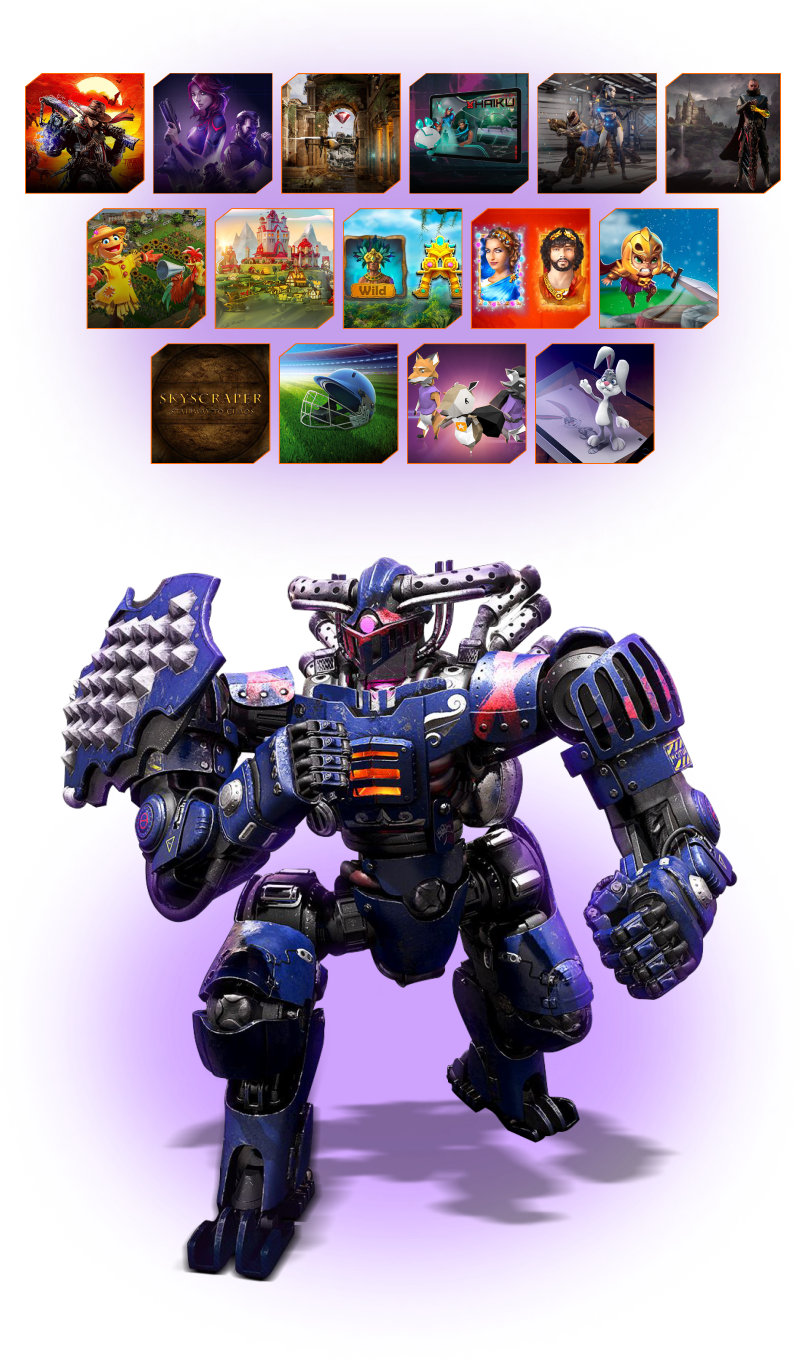






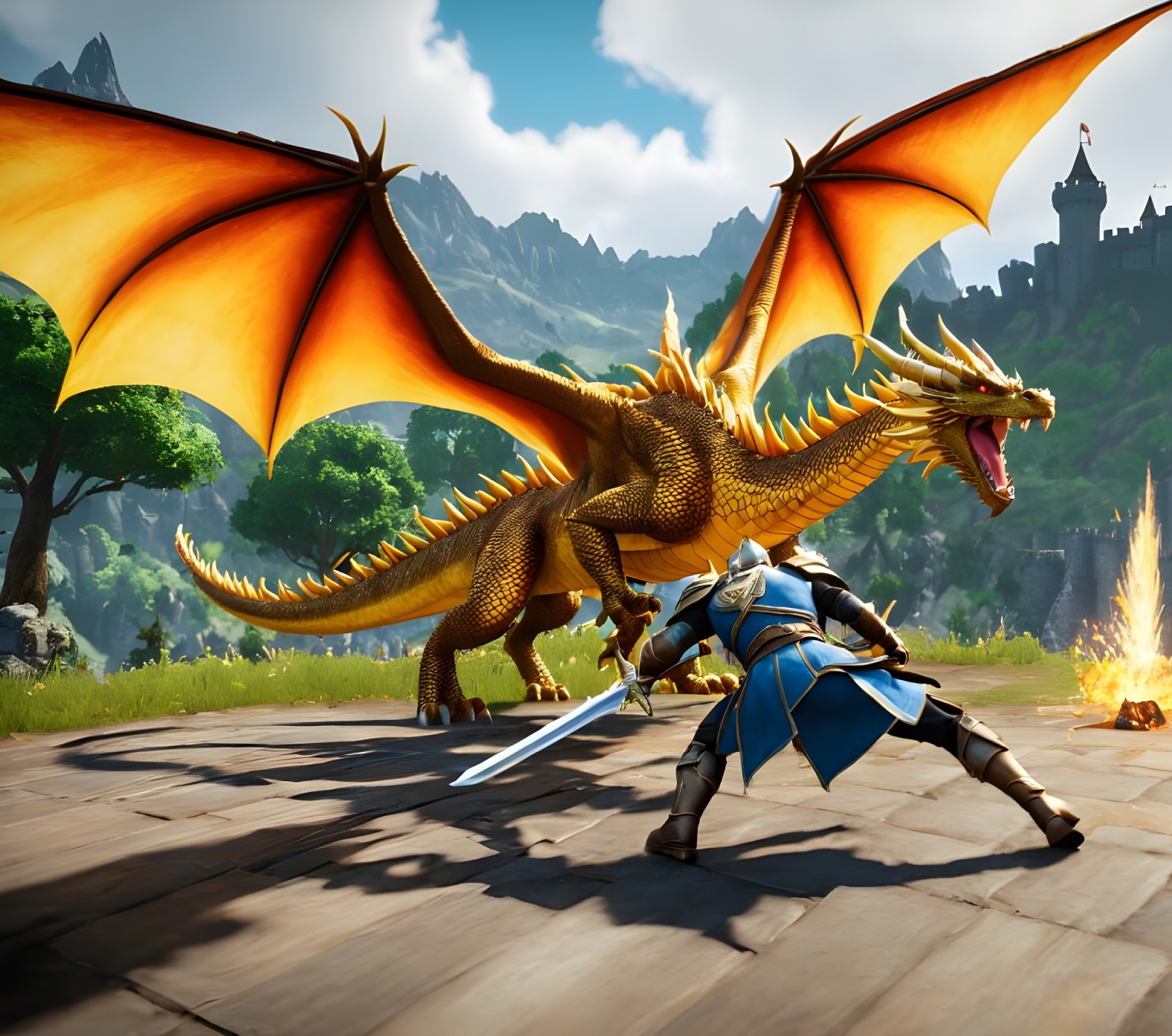
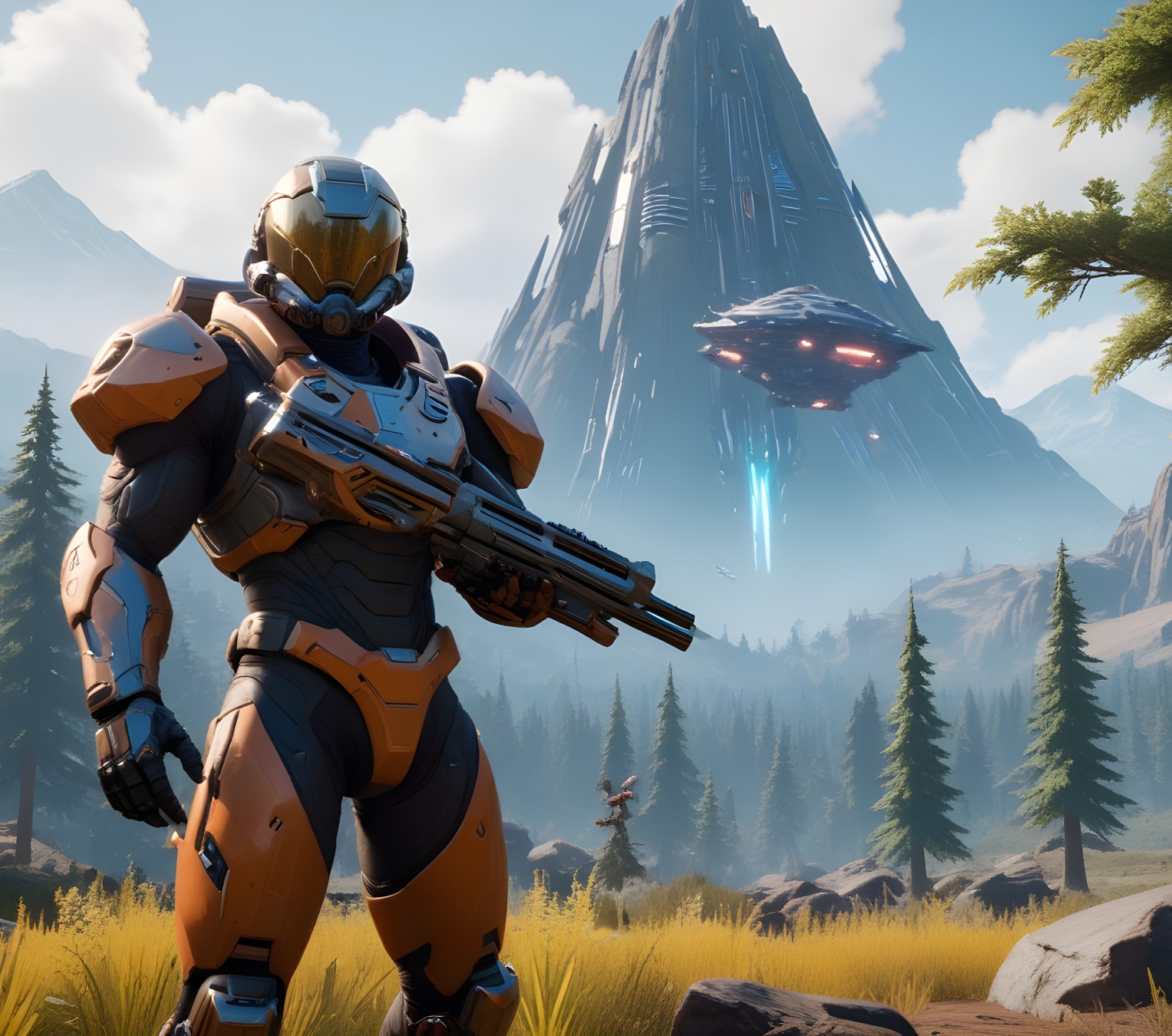
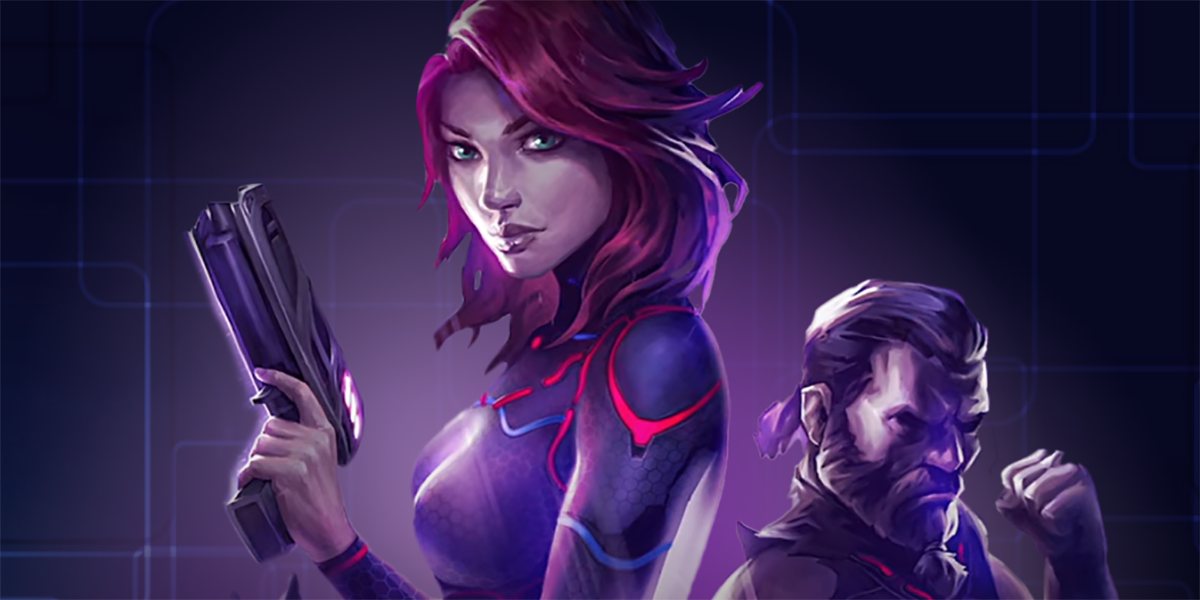 The Protagonist: EX-1
The Protagonist: EX-1
 Farmerama
Farmerama
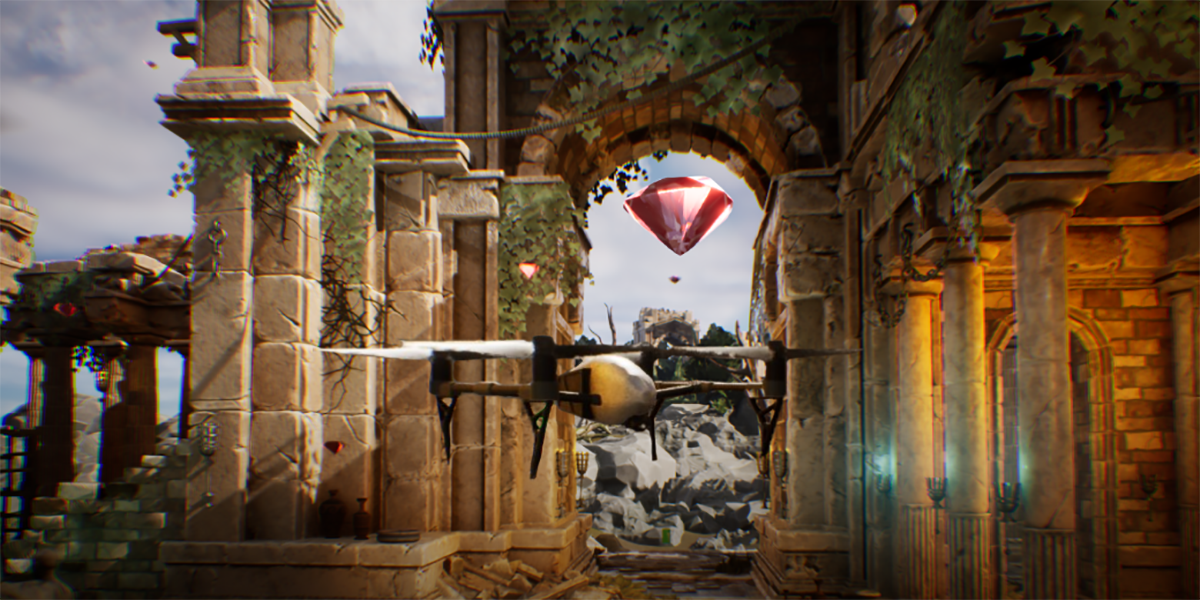 Diamond Drone
Diamond Drone
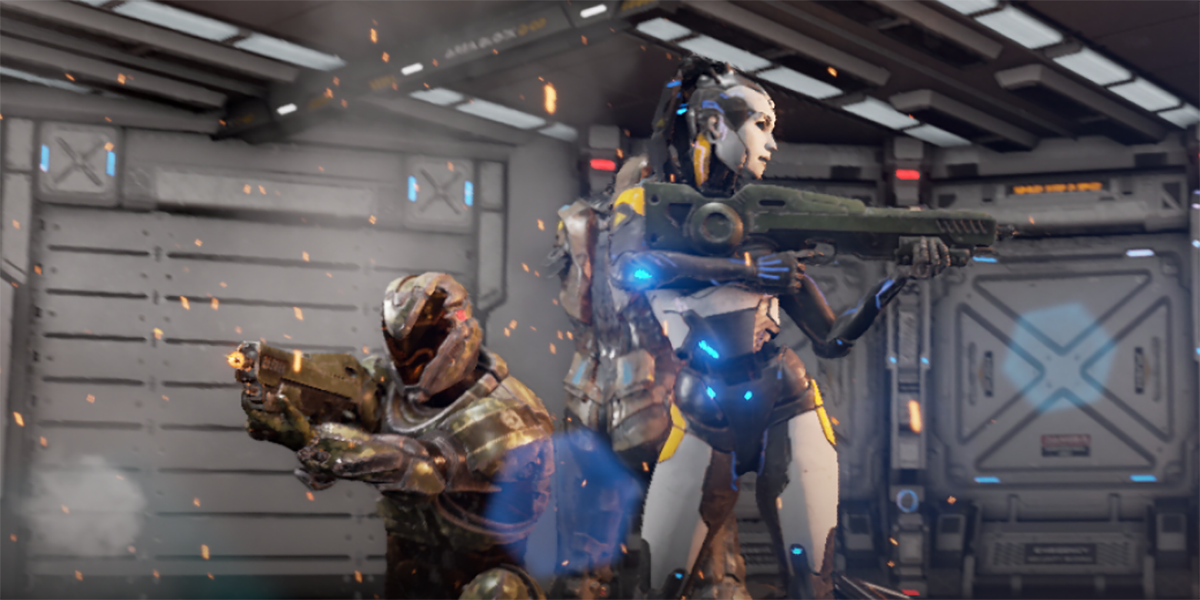 VR Terragame
VR Terragame
 Evil West
Evil West
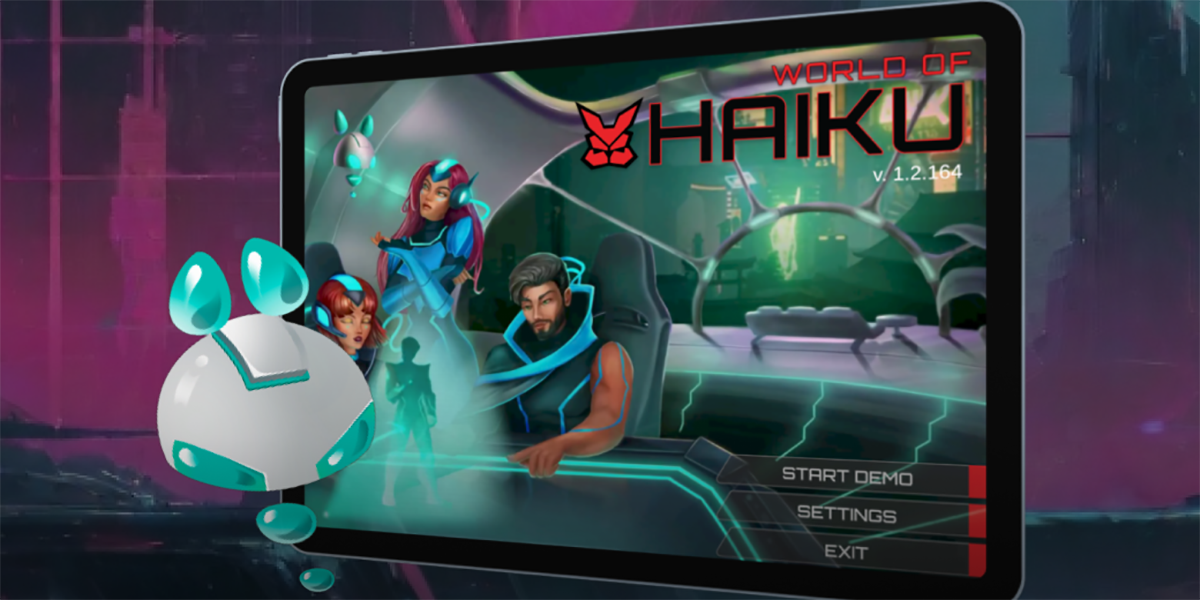 Haiku
Haiku
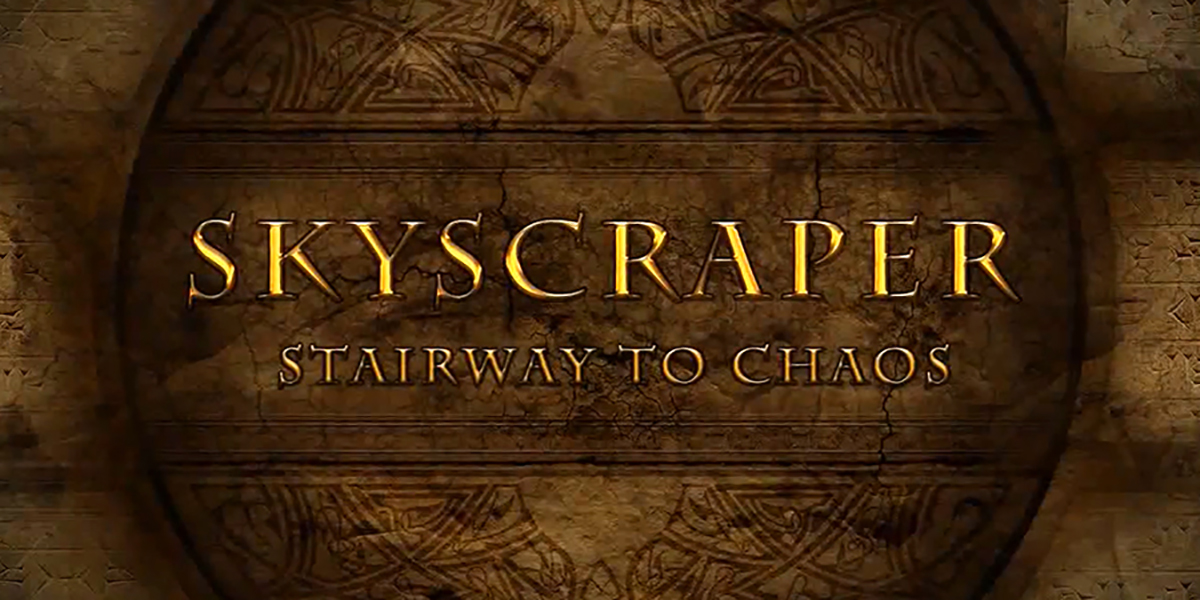 Skyscraper
Skyscraper
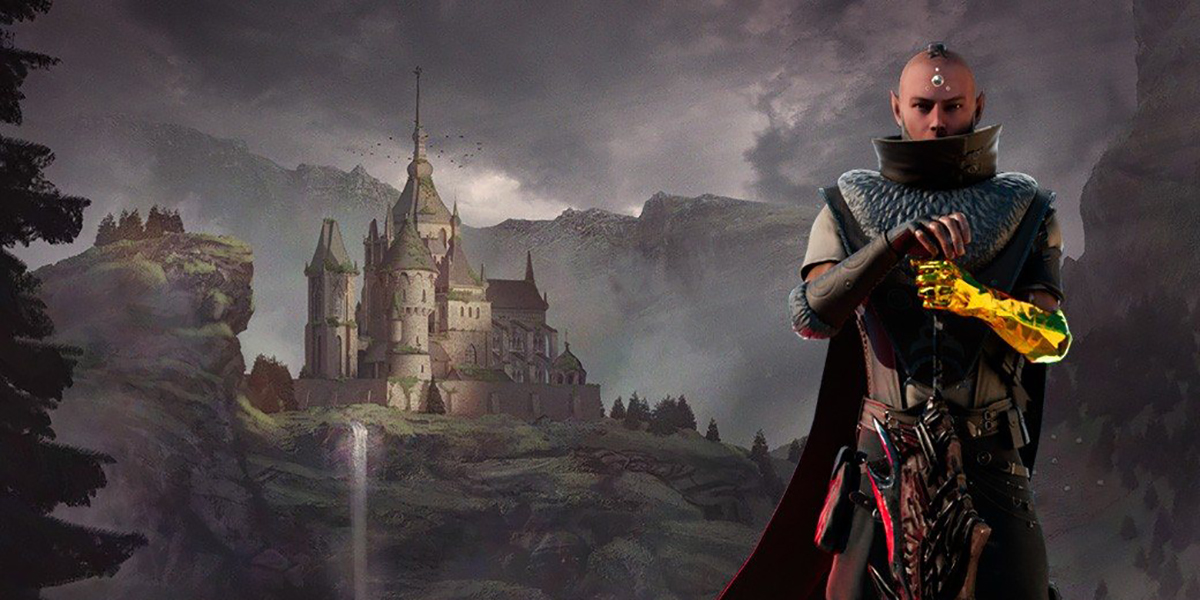 Nomadland NFT Game
Nomadland NFT Game
 Star Archer VR
Star Archer VR
 Knight - Stack Jump
Knight - Stack Jump
 Hopster's Alphabet Hotel
Hopster's Alphabet Hotel










